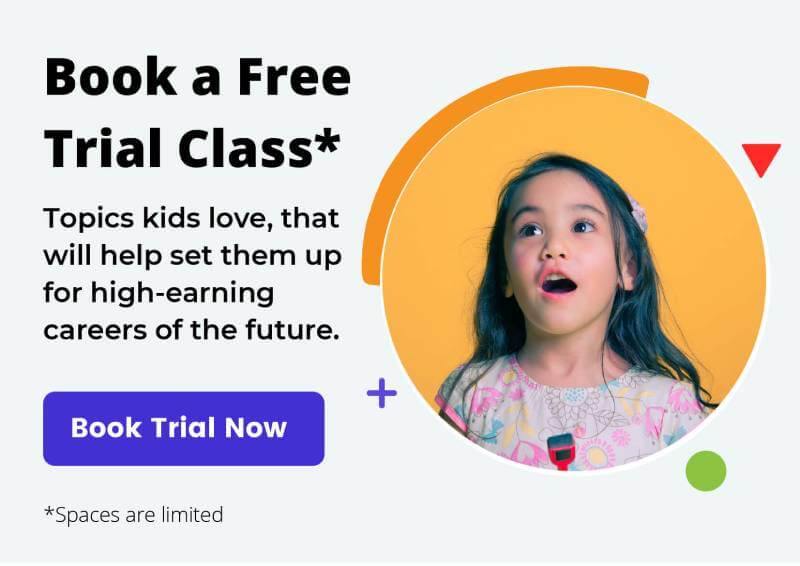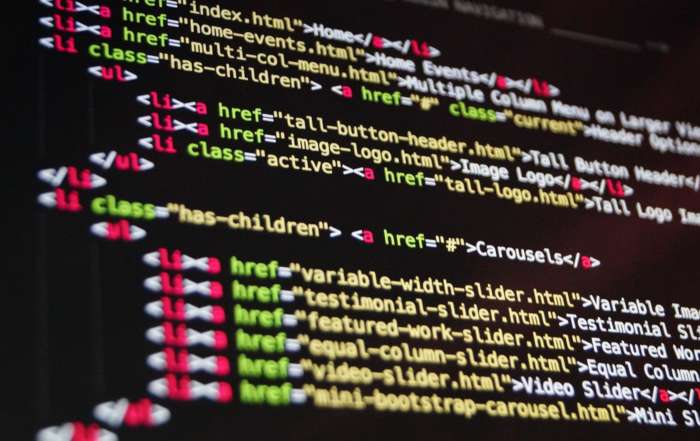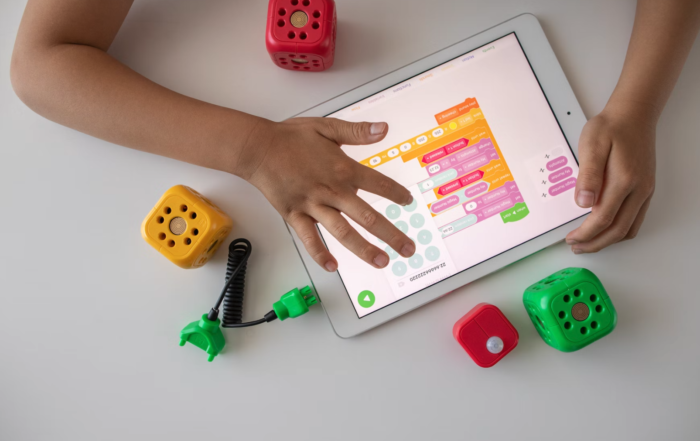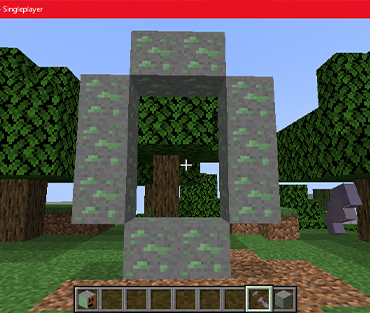When it comes to technology, there are many things to consider when your child is online. If aspects of technology, video games, and coding are new to you and your child, it can be difficult to figure out how to approach them and to ensure that your child has a positive relationship with them.

It’s not just logic, math, and computer skills that are involved (although very important), but also there are some more non-obvious aspects surrounding technology, like self-expression, communication, creation, teamwork, planning, and balance.
Our goal is to inspire and empower kids to think, design, experiment, and create using STEM education. Take a look at our approach to learning and how you can adapt it at home.
In this article you will learn
Our Maker Philosophy
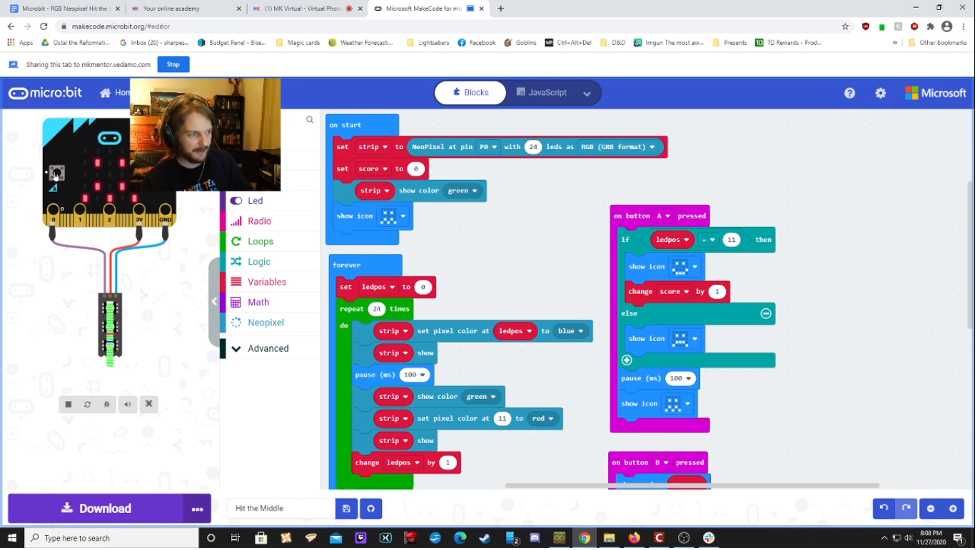
We apply our maker philosophy to technology, as well as to making and building. Our teaching approach empowers children to be creators, not just consumers. We equip kids with the tools and mindsets to be leaders and inventors, including the internet.
Our classrooms are designed for self-directed and project-based learning – child-centric and interest-driven. Our mentors are facilitators who encourage kids to seek out resources to learn on their own, and to teach each other. Interwoven with everything we do is our philosophy to honor kids’ own creativity and trust their abilities. Kids who are confident in their abilities are capable of learning and doing anything!
Things to Remember
- It’s OK to fail
- Experiential Learning – Learn by doing
- Choose to celebrate Making (not just what they’ve made)
Questions to ask your kids about technology to make them good digital citizens

If your child is spending a lot of time on the internet whether it’s playing Minecraft, coding, or check out some cool robotics ideas, it’s important to talk about being a good digital citizen.
Being a good digital citizen means using the internet responsibly. When a child or adult is a bad digital citizen, there could be cyberbullying involved, irresponsible social media usage, and not knowing how to use the internet safely.
Here are some questions to ask your child to teach them to become good digital citizens and to get a conversation going about how to use the internet responsibly.
1. Is banning people a good thing when playing games? What does it feel like not to be included?
You want your child to include everyone so that no one feels like they’re an outcast. You don’t want people to feel bad when playing a game.
2. How do we accommodate others in our game?
Encourage your child to include others and think of ways that everyone can have a part.
3. How do we create space to play online and for others? (especially applicable for games involving many people or collaborative projects)
Think about having space where everyone can join in and play.
4. How do we take responsibility for actions in a world/game we all play in?
Teaching your child that all actions have consequences, even on the internet, is key.
5. What new thing did you learn and what do you want to learn?
It’s important to always know what your child is learning online. Knowing what sites they’re accessing can prevent problems online. Also, asking your child what they want to learn is important so that you can steer them in the right direction.
6. What is your primary goal of your invention/game/this technology?
Talk about what your child wants to accomplish in the game so that they can focus on that.
7. How will your invention help others?
Teaching children how inventions help others can open up new worlds for them.
8. What does it mean to be responsible digital citizens?
This goes back to the beginning of our conversation about using the internet responsibly and avoiding cyberbullying and other problems.
9. What rules would you like to have in your game?
All games should have rules so that everyone is on the same page.
10. What are you really good at? How can we use these skills online?
Promoting positivity and helping your kids realize their skills will help them build on what they know and uncover new ones.
Don’t forget to discuss general household rules like break time, dedicated online time, and sharing devices with other kids or siblings.

Childhood is the most formative stage of life, and if kids learn technical skills along with 21st-century and social skills, they will carry them for the rest of their lives. Imagine what a different world we can create by empowering more kids and show them more ways to learn and create.
What are questions your child asks about technology? Do you have your own discussion questions? Share them in the comments – we would love to know!
Also Read
How Coding Classes Can Lead to a Career in Coding
Often, children are asked the question, what do you
Digital Creativity Unleashed: Coding as a Creative Outlet for Kids
When children learn to code, they’re not only learning
Unlocking Creativity: How Minecraft Can Foster Imagination and Innovation in the Classroom
Many people think of Minecraft as just a game
